Apple pays $946 to Korean iPhone user over location data as class-action suit looms
The Telegraph reported Thursday that Apple Korea was ordered in May to pay 1 million won ($946) to lawyer and iPhone user Kim Hyung-Souk. According to Kim's law firm, Mirae Law, Apple made the payment last month.
The firm now says it is in the midst of preparing a class-action lawsuit against the iPhone maker, alleging that Apple collected location data without users' consent.
According to the report, the firm set up a website for customers interested in joining the litigation was overwhelmed by traffic, though the traffic overwhelmed the site's servers, forcing it to move to a new location.
"Finally. The real action against Apple. Now available here," the site reads. According to Yonhap News Agency, about 300 people have signed up on the site, which launched Thursday.
In April, security researchers raised concerns over a database file found in iOS 4 that appeared to store users' location information. A week later, Apple responded to the allegations, saying the database file is actually "a database of Wi-Fi hotspots and cell towers around your current location." The company then issued a fix to a bug that allowed the file to preserve location information for up to a year.
Within days of the first reports on the controversial database file, Apple was hit with a class-action lawsuit in the U.S. In May, two suits were filed against Apple over the alleged practice of sending an iPhone's UDID and location information to advertisers.
Apple also faced federal scrutiny over the issue. The company testified before the U.S. Senate, reiterating its commitment to consumer privacy. Regulatory officials from Korea and Europe also investigated Apple in response to the report.
However, the iPhone maker is not alone in its legal woes in Korea. In May, Korean police raided Google's offices on suspicions that the search giant had collected unauthorized personal data.
 Josh Ong
Josh Ong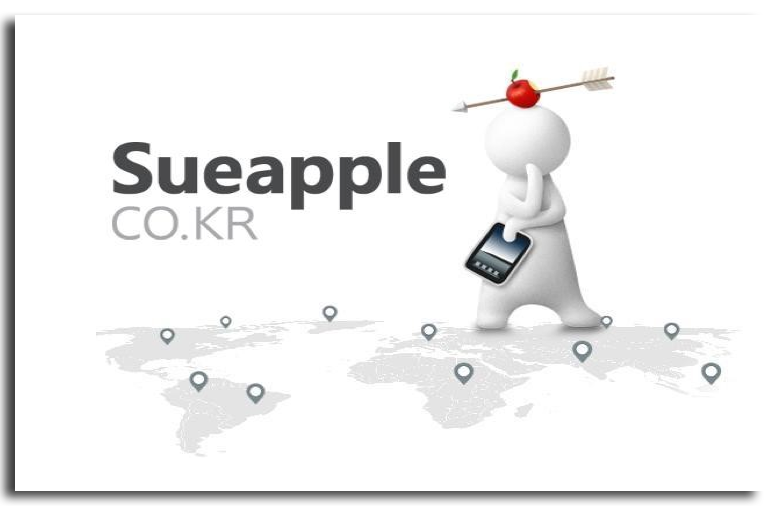




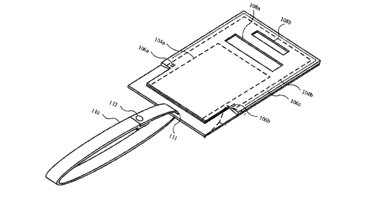






 Wesley Hilliard
Wesley Hilliard
 Malcolm Owen
Malcolm Owen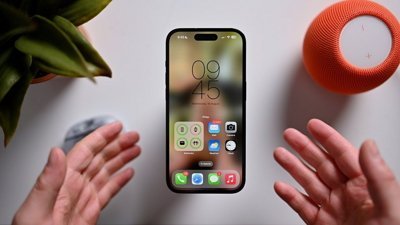


 William Gallagher
William Gallagher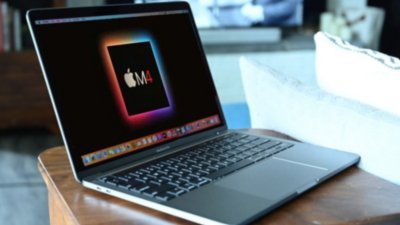

 Christine McKee
Christine McKee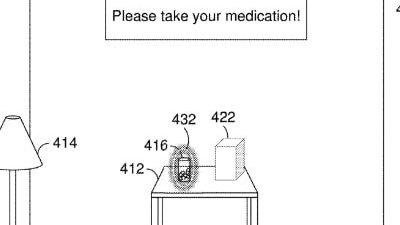
 David Schloss
David Schloss







